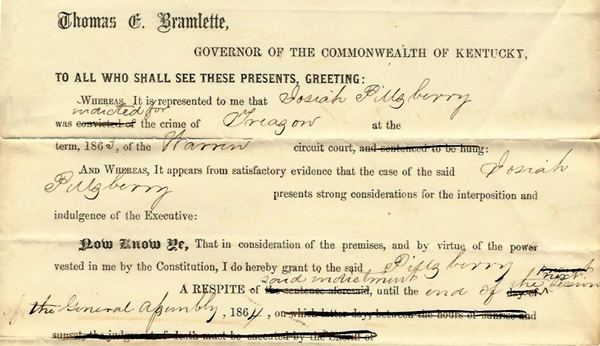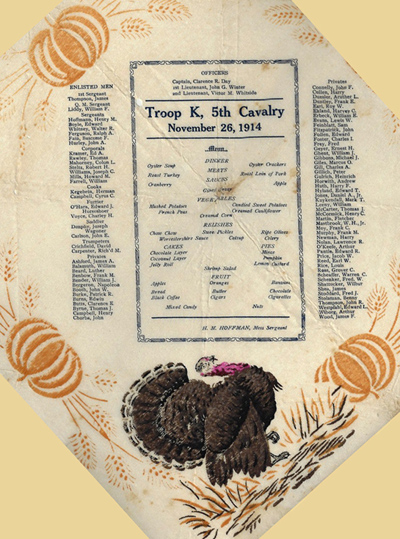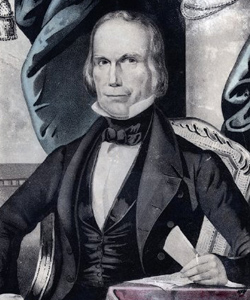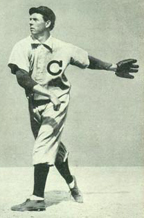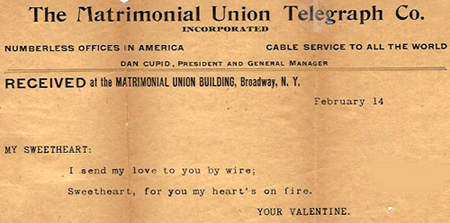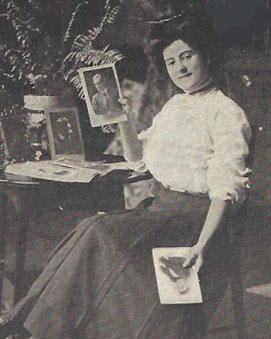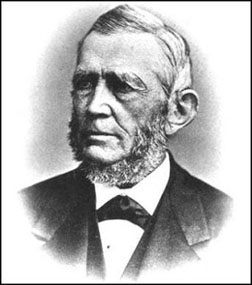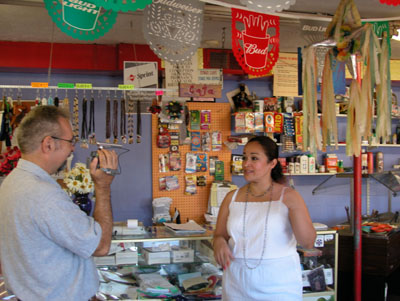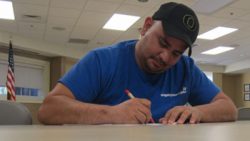On December 10, 1861, the Confederate States of America officially recognized a group of secessionists calling themselves the Provisional Confederate Government of Kentucky. This “shadow” regime, however, never gained legitimacy in Frankfort; in fact, it chose Bowling Green, then under occupation by Confederate forces, as its capital. (A historical marker commemorating the designation stands on WKU’s campus).
The first governor of Confederate Kentucky was Scott County lawyer George W. Johnson. In need of someone to fill the position of Auditor, and because his first choice had declined, Johnson asked Josiah Pillsbury of Bowling Green to serve in a temporary capacity.
Pillsbury’s reward for doing this favor for his friend was to find himself, along with other officials of the Provisional Government, indicted for treason by a Warren County grand jury. In “claiming to be auditor in said pretended government,” read the indictment, Pillsbury had acted “in usurpation of the regular legitimate and constitutional government of the state” and cooperated with an army in “open rebellion” in order to wage war on the good citizens of the county.
Horrified, Pillsbury wrote a “my bad” letter, now in the collections of the Kentucky Historical Society, to Governor Thomas E. Bramlette. He had wanted no part of the Confederate government, he insisted, but accepted the Auditor’s position only to accommodate Johnson until a replacement could be found. Supporting Pillsbury’s request for clemency were prominent Bowling Green attorneys William V. Loving and Robert Rodes.
Governor Bramlette obliged, but the document filed with the Warren County court was not a full pardon. The constitution, Kentucky’s Secretary of State warned Pillsbury, only gave the Governor power to issue a temporary “respite”; the document Bramlette signed was, in fact, an edited version of a form used to extend the time for criminals “sentenced to be hung.”
The indictment of Josiah Pillsbury (who was eventually pardoned by President Lincoln) and other members of the Provisional Confederate Government of Kentucky, along with Bramlette’s respite, are part of the Manuscripts & Folklife Archives collections of WKU’s Department of Library Special Collections. Click here to access a finding aid. For more Civil War collections, click here or search TopSCHOLAR and KenCat.

